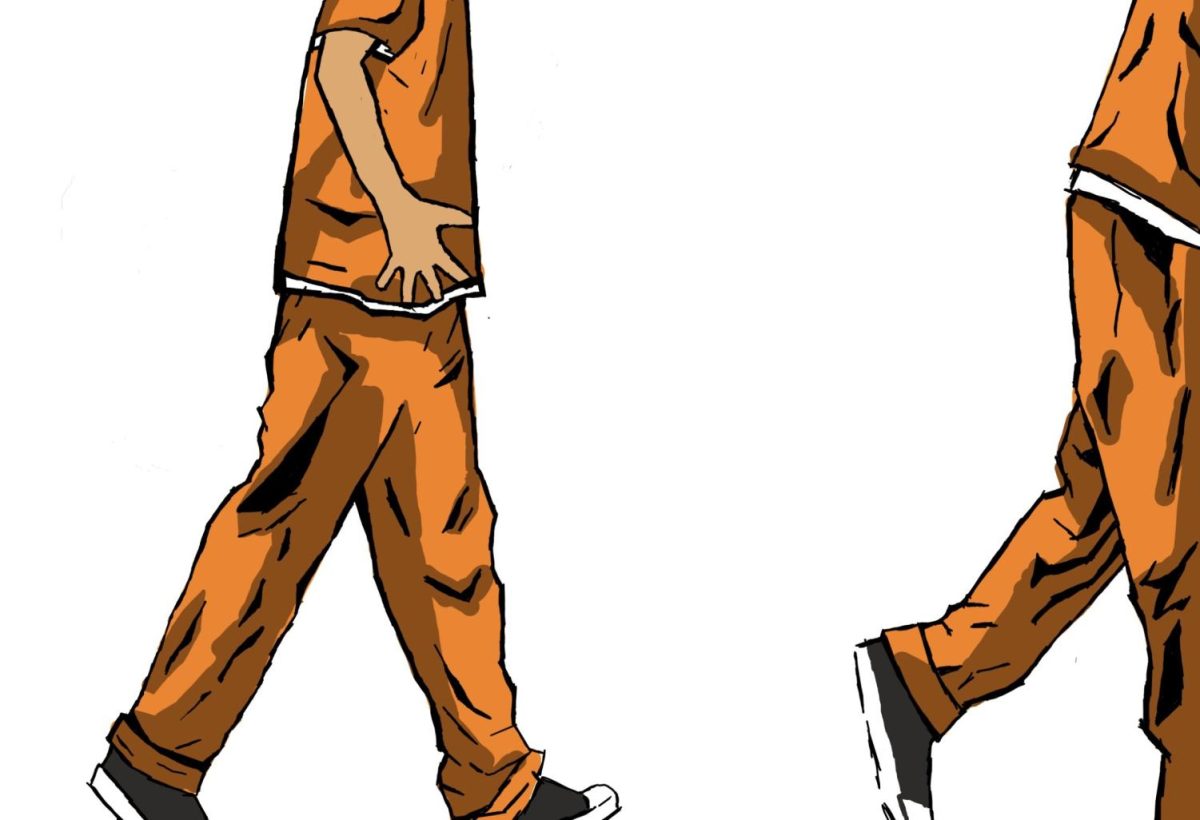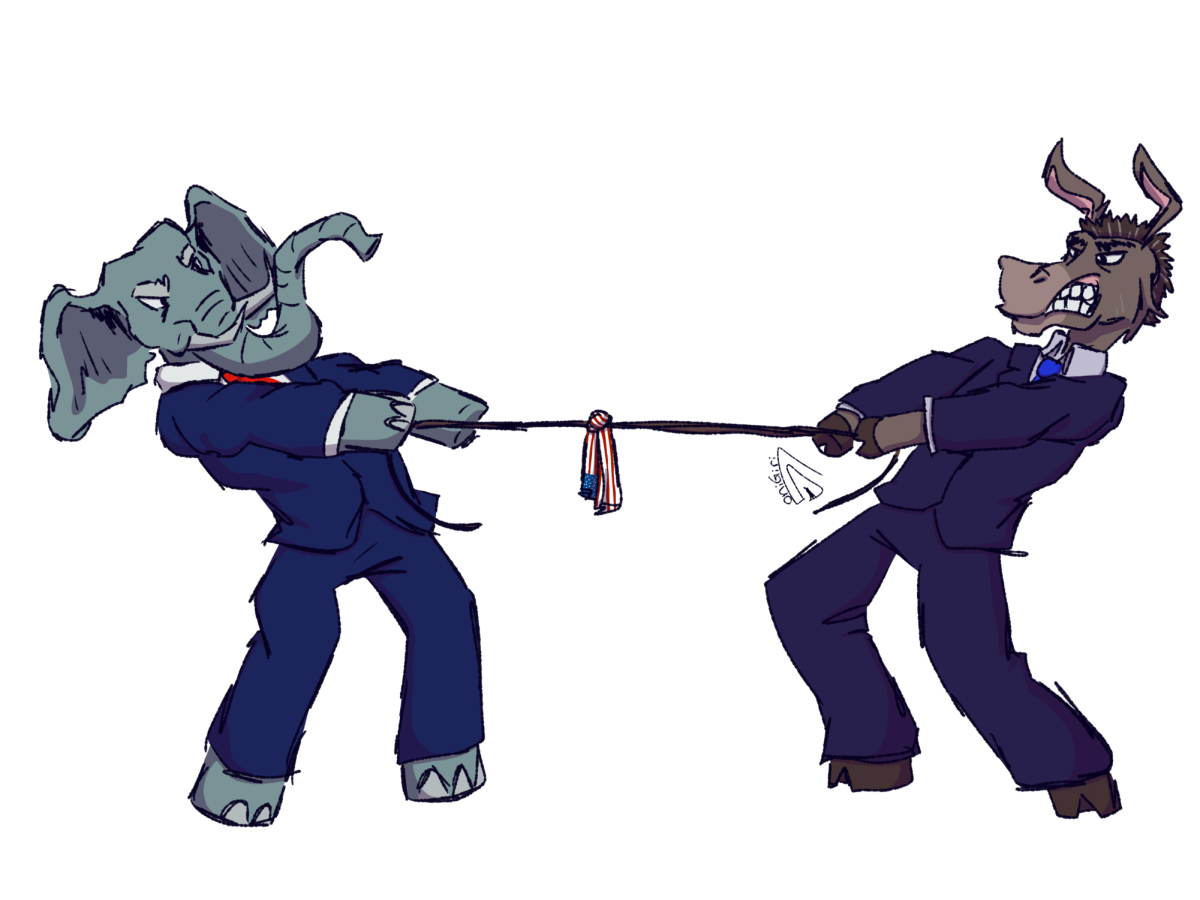Nearly 800,000 people’s basic human rights are being stripped away, forcing them into a multibillion-dollar industry scheme to exploit the labor of US citizens. The citizens in question and the industry at hand? U.S. prisoners and the U.S. prison system.
This prison labor industry has its hands in nearly every sector of American consumption, ranging from federal military equipment to the meat used in McDonald’s cheeseburgers. At the heart of this goliath’s empire is the rampant and perverse use of prison labor that is grotesquely unfair, unsafe and severely underpaid, so much so that it should be seen as a form of modern slavery.
There are many issues with prison labor, but perhaps the one that harkens back the most to what we had believed was a bygone era is the practice of working without pay. Or, in this case, very little of it. Prisoners are forced into conscripted positions with a pay range of $0.12-$1.15 per hour, according to a 2003 study, and nearly 20 years later, the pay rate has remained unchanged. Further, several states, such as Arkansas and Texas, do not require compensation for the incarcerated.
To make matters worse, many behind bars are nickeled and dimed for even the most integral necessities. According to the Brennan Center for Justice, it was found that “correctional” facilities charge $13.55 per medical visit in Texas, which, as aforementioned, does not pay those incarcerated a cent. Aggrandizing the issue further, any form of communication or money wiring is also racked with fees, with calls being charged as much as $9.99 for a 15-minute session in Kentucky and $5.00 in fees for every $20.00 sent to prisoners in Florida.
In addition to the unethical payment methods, inmates do not have a choice in the matter, as those who refuse often face extended sentences or even physical harm. A story presented in the Associated Press recounted a harrowing narrative in which a prisoner was clubbed, cuffed and then clubbed again for simply refusing to work. Yet this is not a lone story, as another tale from behind bars told in “The Indicator” from NPR’s Planet Money recounts one man who was forced to work 12-hour shifts without days off regardless of his ongoing battle with HIV. The story goes on to describe the various punishments that awaited those who did not follow orders, such as being placed in solitary confinement or being put in violent housing situations. One may ask how this practice is happening without government intervention. Ironically, the issue stems from the amendment that abolished slavery in the first place.
“Neither slavery nor involuntary servitude… shall exist within the United States…,” rings out the line that marked the end of one of the most gruesome and heinous periods of human history. The addition of the 13th Amendment abolished slavery in its former form, but what is being called the “Slavery Loophole” has found a way to reignite the sins of the past, creating a modern form of indentured servitude that many are denouncing. The “Slavery Loophole” refers to an exemption stated in the 13th Amendment, specifically that the practice of slavery is not permissible “except as a punishment for crime whereof the party shall have been duly convicted.” In layman’s terms, slavery is allowed to continue into the modern day without any legal repercussions.
To press the issue further, many of these prison work camps are placed on the same plantations that used slave labor a century and a half prior. An Atlantic documentary entitled “Angola for Life: Rehabilitation and Reform Inside the Louisiana State Penitentiary” showcases one of these scenes, with the first few minutes displaying a primarily black prison workforce harvesting various crops. As the documentary progresses, it feels almost as if one has slipped into the past, being shown scenes that feel like they should be in a textbook. Slavery is supposed to be over, and yet today there are still prison guards on horses guarding indentured servants as they work without pay. In moments like these, we see this problem in its truest light. We begin to see that the prison labor system is truly a modern version of slavery and another blight on America’s already tattered and stained record.





